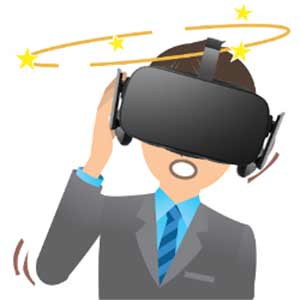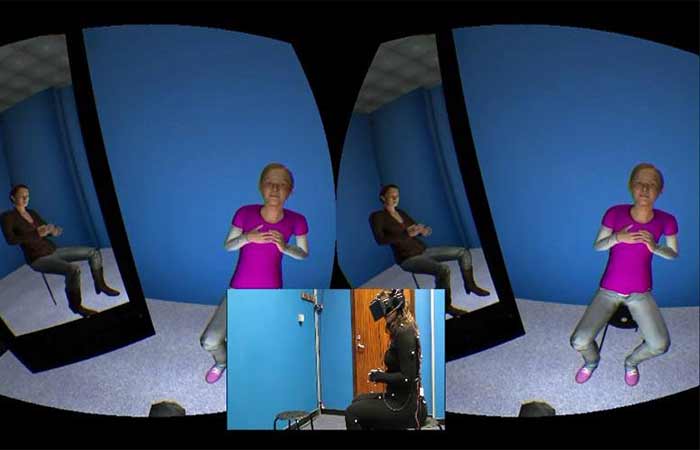Taking ‘reality’ notion into a whole different level, Virtual Reality is stated to be harmful for the health. The scientists said that this technology bring motion sickness problem.
One of the most attention grabbing innovation of the recent years, VR grows with new application areas. However, the technology seems to have damages for the health. Some warning coming from the experts entered the agenda of technology world.
Motion sickness has probably been with us as long as we’ve had boats. References to  seasickness date back to Greek mythology; the word nausea is derived from the Greek naus, meaning ship. J.A. Irwin introduced the term motion sickness in the scientific literature in 1881. Since then, an extensive body of research has accumulated. In virtual reality, the mismatch is there as well, says visual neuroscientist Bas Rokers of the University of Wisconsin–Madison. But the sensory cues are reversed: Your eyes see that you are moving through the virtual world — in a virtual car or a virtual spaceship, or strolling down a virtual path — but your vestibular system knows you’re not actually moving. “That gives you a cue conflict,” he says.
seasickness date back to Greek mythology; the word nausea is derived from the Greek naus, meaning ship. J.A. Irwin introduced the term motion sickness in the scientific literature in 1881. Since then, an extensive body of research has accumulated. In virtual reality, the mismatch is there as well, says visual neuroscientist Bas Rokers of the University of Wisconsin–Madison. But the sensory cues are reversed: Your eyes see that you are moving through the virtual world — in a virtual car or a virtual spaceship, or strolling down a virtual path — but your vestibular system knows you’re not actually moving. “That gives you a cue conflict,” he says.
In a study published in December in Experimental Brain Research, Stoffregen and colleagues measured the postural sway of 72 college students before they were asked to play one of two VR games for 15 minutes using an Oculus Rift DK2. The first game made two of 18 men and six of 18 women feel motion sick, not enough for a statistically significant difference.
Very little motion sickness research has been done on the latest VR headsets available to consumers. But it is stated that very nature of VR, which is to trick your eyes into telling your brain you’re in another world, is inviting a sensory conflict.